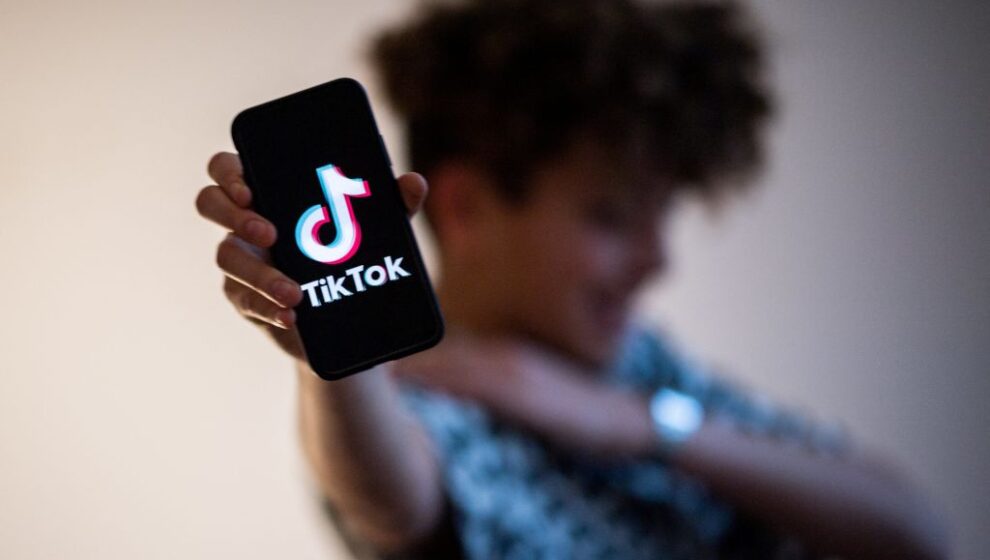The Chinese-owned TikTok app is drawing heavy scrutiny for its national security implications, but it is also causing mental health issues in teenagers.
Key Details
- Attorneys from a San Francisco school district are currently in the process of filing a lawsuit against owner ByteDance over its negative effects on children.
- A new study from the Center For Countering Digital Hate found that academics posing as 13-year-old account users were immediately barraged by video content promoting suicide, self-harm, eating disorders, and negative body image.
- A TikTok spokesman says the app is constantly searching for posts that violate the terms of use policy on topics like suicide and has 85 million videos in the final quarter of 2022.
Why It’s Important
TikTok is one of the most popular apps in the world. It launched in September 2017 and has become one of the leading social-media and video-sharing apps, with more than 150 million users in the U.S. Two-thirds of U.S. teenagers told a 2022 Pew Research study that they use the app.
But many are concerned that the Chinese government is able to obtain private user information because the app is Chinese owned. Montana became the first state in the U.S. on Wednesday to ban TikTok as of January 2024. The ban came months after multiple federal proposals to ban the Chinese-owned social-media app. The U.S. federal government, Canada, and numerous state and local governments have already banned TikTok from government devices due to fears of sensitive data leaking.
But there are concerns beyond national security. Dr. Dean Beckloff is a licensed professional counselor at Beckloff Behavioral Health Center in Dallas, Texas. He tells Leaders Media that this popularity has made parents nervous about the app, with many fearing the negative consequences affecting their children. He says that the app is negatively impacting vulnerable young people.
Notable Quote
“I don’t know that the research is clear about the direct effect of TikTok, but we know mental issues have jumped considerably in the past two to three years. We’re concerned about what kids are going to be exposed to and copycat. I knew one girl whose friend decided she was depressed and got depressed too. Then she copied an eating disorder, cutting, and attempted suicide, and both girls had to get hospitalized. Teens are quite vulnerable,” says Beckloff.
“We initially perceived it as coming out of the pandemic isolation, but we also know they were spending time on social media. Should it be eliminated? Possibly. Even the Chinese government does not allow that app to operate in their country.”
Possible Solutions
While federal and state governments grapple with the security and data implications of TikTok, parents have their own responsibilities with how to grapple with the app too. Beckloff says that the responsibility lies with the parents to know what their children are accessing and to take a stronger lead and teach young people how to engage with social media in a responsible manner.
“We’re learning more, and that knowledge can help empower us to help our teens. There is so much hope. Teenagers do listen to their parents, even though parents feel like they aren’t. It can seem like words go through one ear and out the others, but you’ll notice they are paying attention and listening. We need to have good conversations with them, listen to them, and give them valid information about how they can protect themselves. They need someone to walk with them and help them learn to say no to their phones at times,” says Beckloff.
